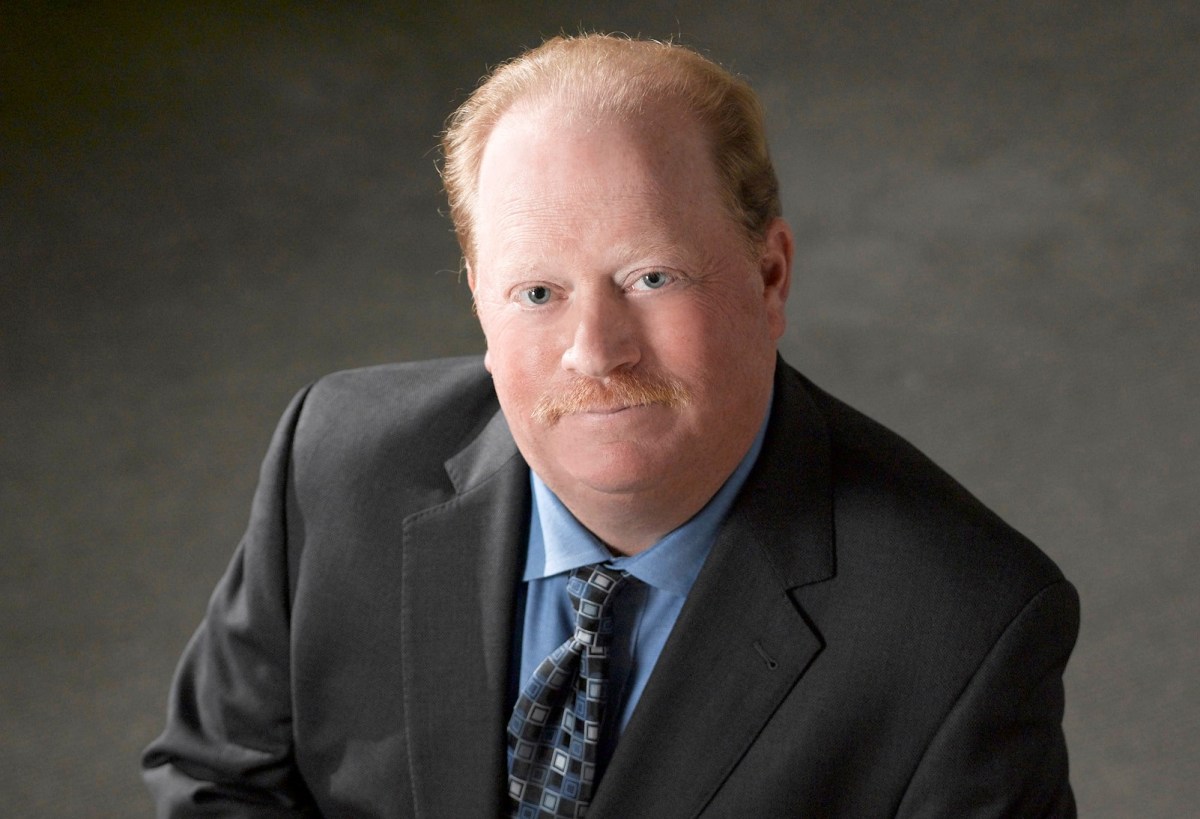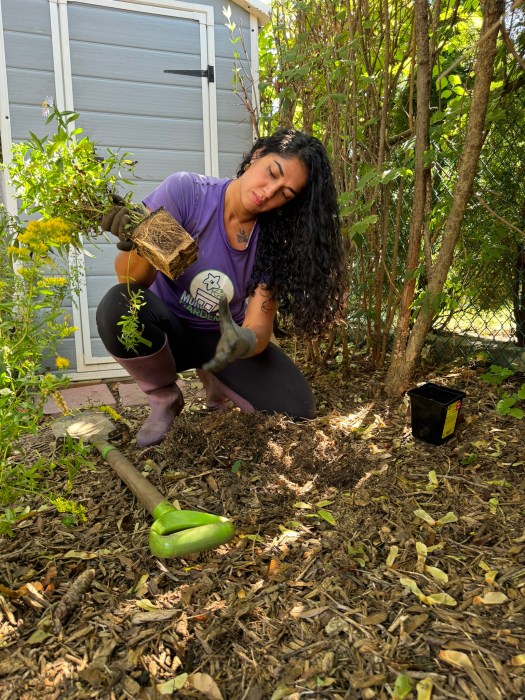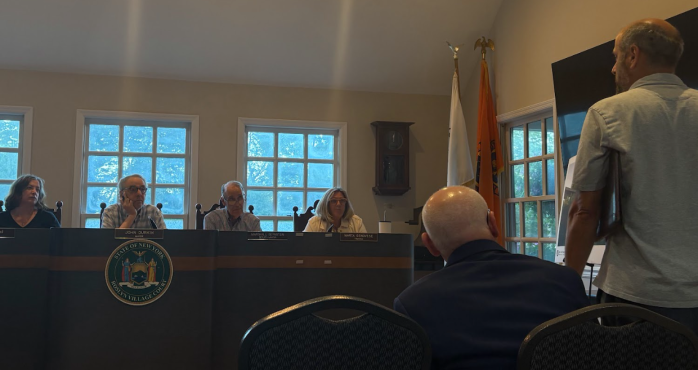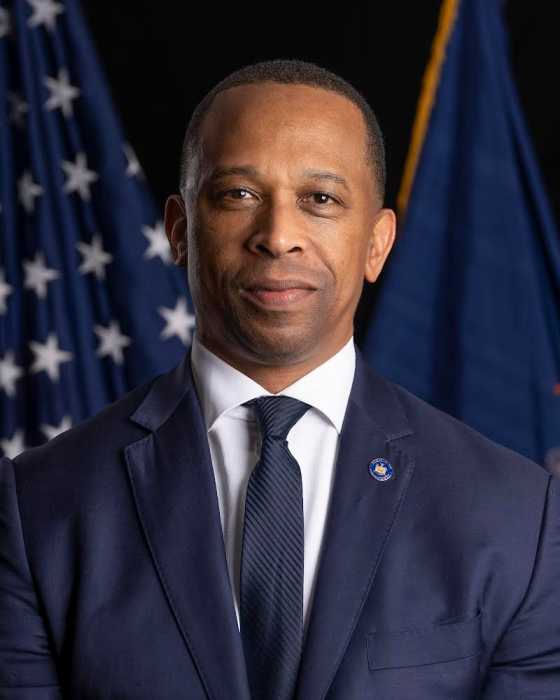During Evan Krinick’s eight-and-a-half year tenure as managing partner at Uniondale-based Rivkin Radler, the firm has grown in size, scope, and depth. We talked with him about law, management, the pandemic, and the future.
Can you describe the role of managing partner? A managing partner acts as the chief executive officer of the law firm. We have close to 400 employees, and more than 200 attorneys spread out over five offices. I am helped by an amazing administrative team that helps us manage all the nonlegal aspects of the law firm. My job is to make sure the firm runs smoothly so our lawyers can practice law, providing the services our clients need.
Can you describe some of the firm’s major accomplishments during your tenure? I think we’ve succeeded over the last eight years in expanding the depth and breadth of a number of our practice areas to meet the growing needs of our clients. We grew from fewer than 150 attorneys to slightly more than 200 attorneys. We added considerable talent in a variety of practice areas, most recently, in light of what’s coming down from Washington, taxes, and other regulations. We expanded our practice in what was formerly the trusts and estates area, and is now called personal, family, and business planning. We expanded our health services practice, where we represent physicians, medical practice groups, healthcare systems and hospitals in acquisitions, compliance, and regulatory matters. The depth of our practice and the size of our firm has grown.
How did the firm respond to the pandemic? We’ve taken a very cautious, conservative approach to working during the pandemic. Our singular goal has been the safety of our workforce and their families. For a long time, we prohibited anyone other than essential personnel to come to the office. We only, starting this week, required staff and attorneys to come to the office two days a week. For the balance of the last 14 months, we encouraged people to work remotely. We learned we are resilient. What seems difficult is very possible if you have a positive attitude and you work together. We were pleasantly surprised at how quickly we could transition to a remote environment and satisfy our clients’ needs.
How will the firm operate differently, if at all, after the pandemic? That’s under careful consideration. We will act differently. What that will look like has yet to be decided. I don’t think anybody thinks we’re going back to precisely the way things were prepandemic. We set up focus groups in the firm to make sure all stakeholders, from partners to associates, administrators to staff, can offer thoughts and observations. We’ll gather those and try to come up with policies that make sense for the firm in the long term.
What areas of law are going strong and what areas have slowed? Litigation has, of course, slowed down recently, because the courts just now are starting to figure out how to recover from the pandemic. That’s deferred. Litigation will have to continue and be completed. A practice area going quite strongly, in addition to planning and tax work, is real estate. There’s a lot of lease negotiation going on, investment in properties, not necessarily in New York, but by New York investors. There’s a fair amount of work going on in the health industry. Hospitals, doctors, and ambulatory surgery centers all face unique challenges and that requires counsel.
What are the firm’s plans for the future? One of the things we’re most proud of in recent times is the increased diversity among our professional staff. It’s something we worked very hard on and had some success with and are working hard to continue. A more diverse law firm is a better law firm. It provides diversity of thinking and better solutions for client problems. From 2014 to now, we’ve gone from nine to 23 female partners, 14 female associates and counsel to 41 female associates and counsel. We have seven otherwise diverse partners and 19 otherwise diverse associates and counsel.
What advice would you have for those considering a career as a lawyer? I would tell anyone who wanted to be a lawyer today to be sure that you’re passionate about wanting to help people. It’s a challenging profession, a rewarding profession, but it’s a profession of hard-working people.
What makes a lawyer a good fit at Rivkin Radler? I think the most important quality for lawyers at Rivkin Radler is their personality and ability to be a team player. They have to buy into the old sentiment that says no one person can accomplish as much alone as a group of people working together.
What are the biggest challenges for lawyers today? I think the biggest challenge is to find the right work-life balance. The world we live in makes that much more challenging than when I started practicing law. Lawyers sometimes struggle to find that work-life balance. There needs to be a balance in what you do for a living and what you are as a person.
For more business coverage visit longislandpress.com/category/business.
Sign up for Long Island Press’ email newsletters here. Sign up for home delivery of Long Island Press here. Sign up for discounts by becoming a Long Island Press community partner here.


































